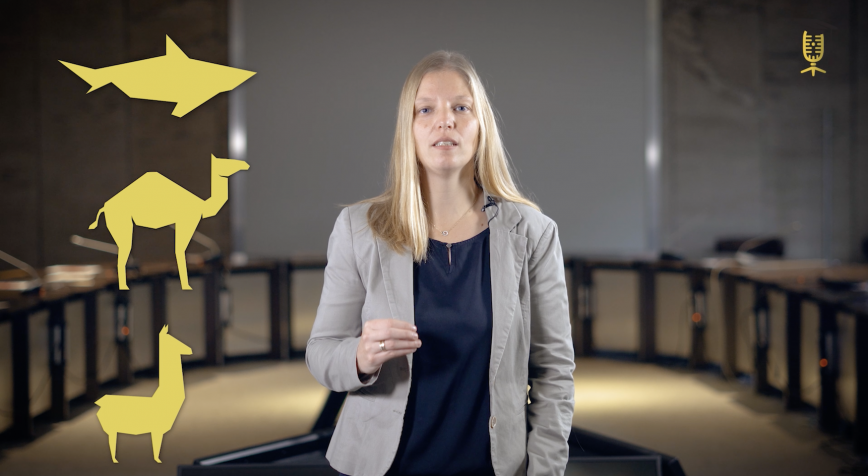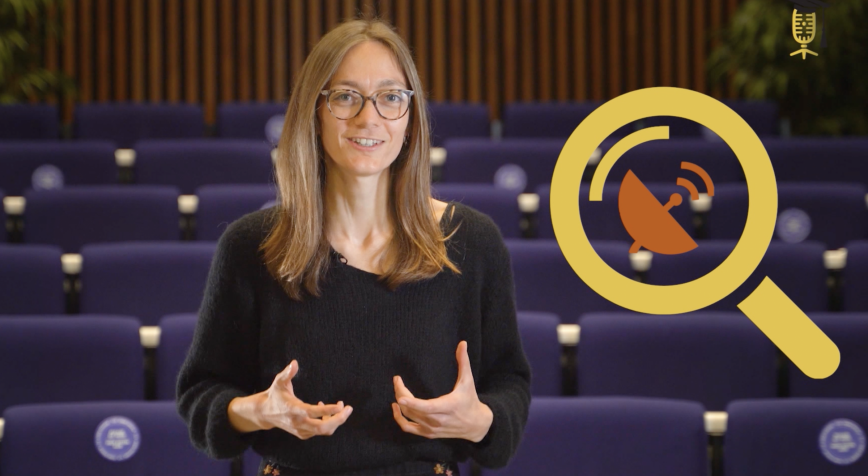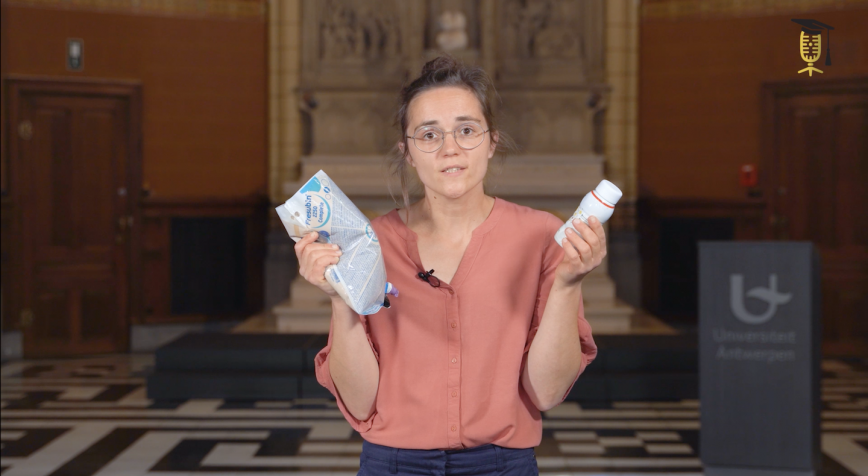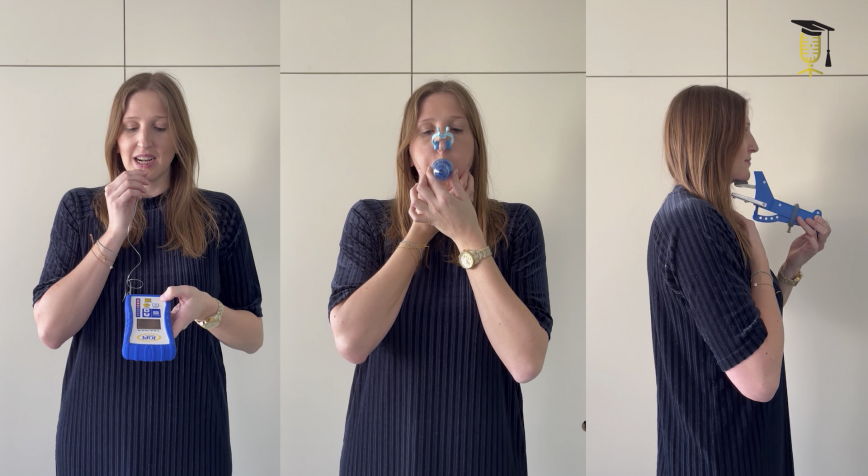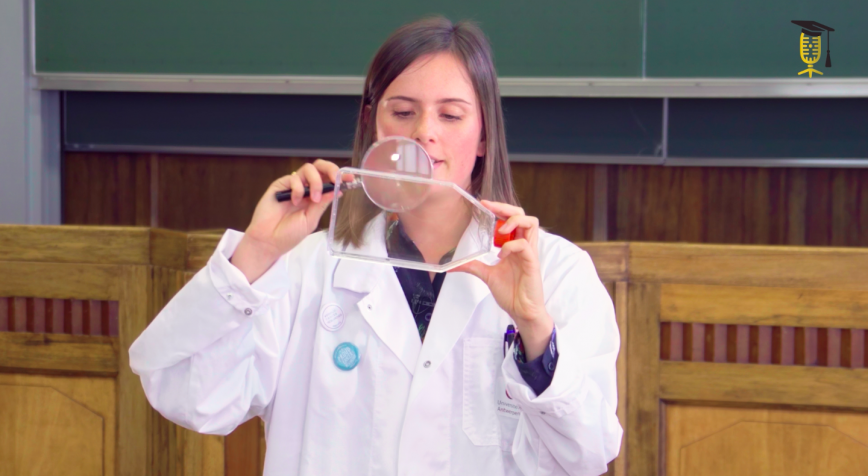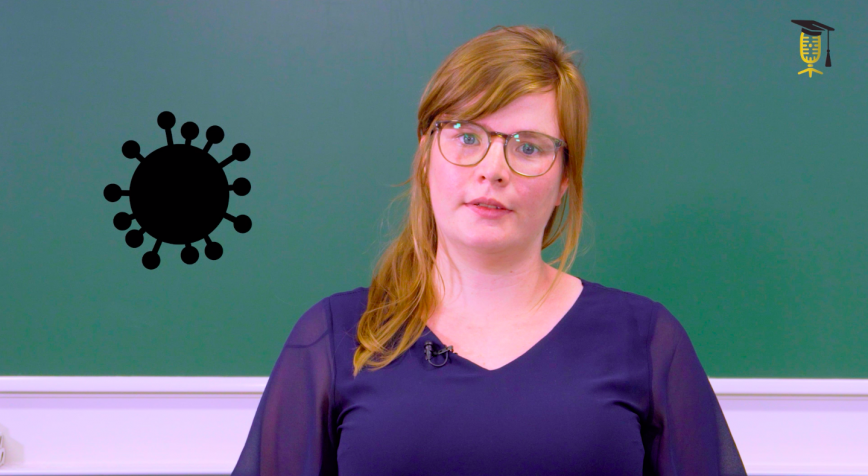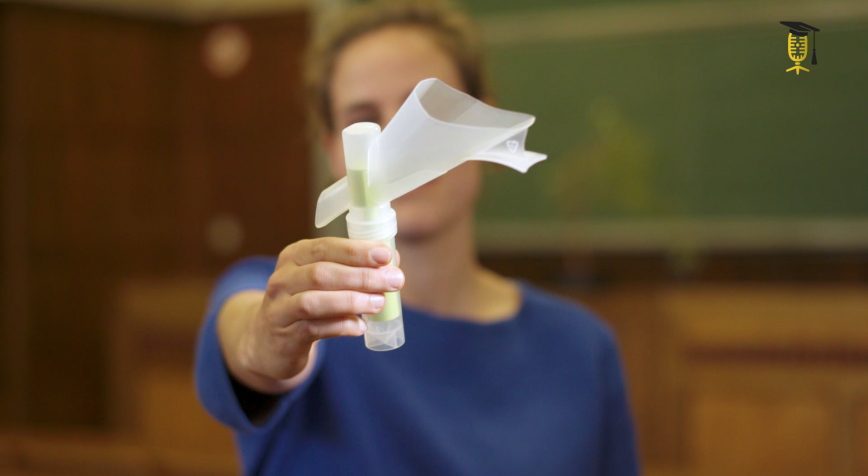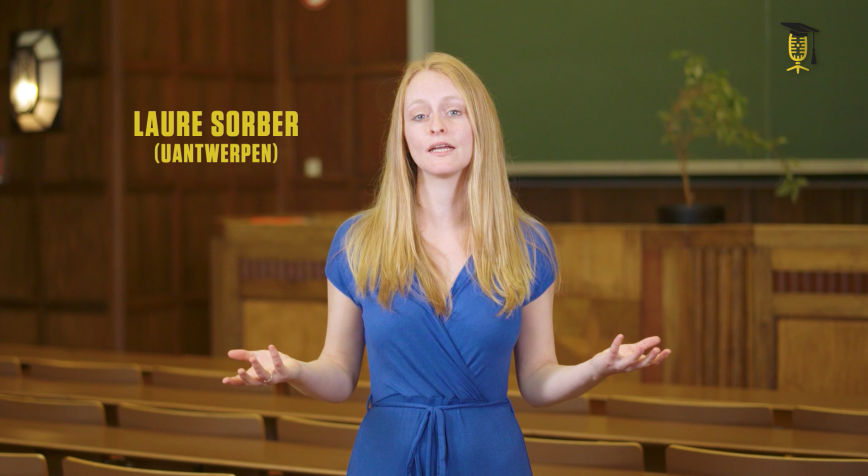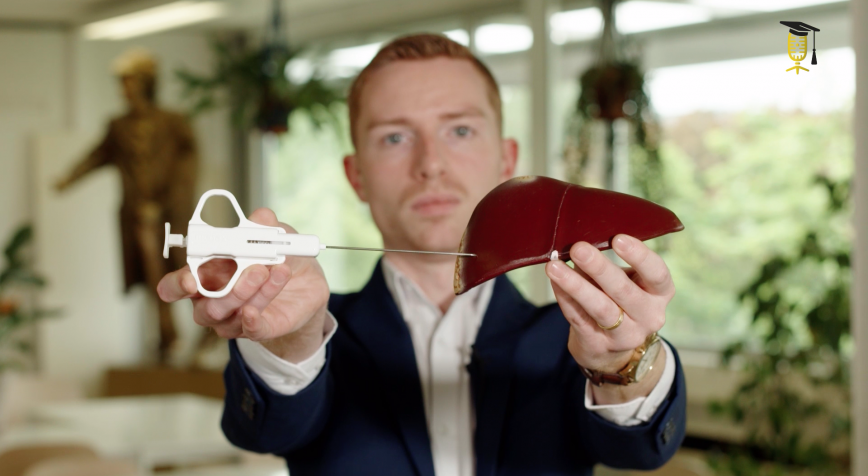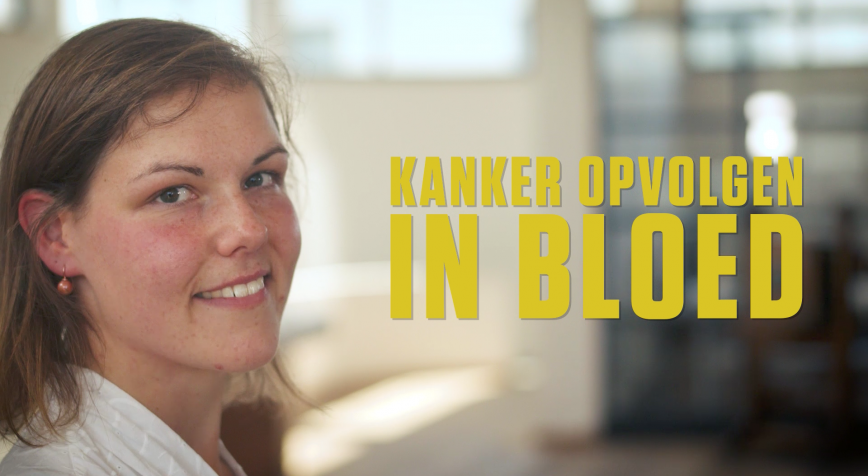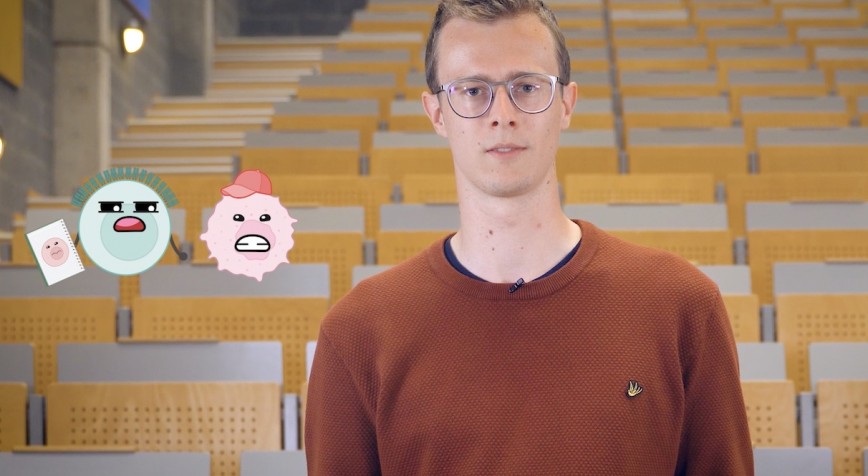
FWO
UAntwerpen
A slick CAR in the race against leukaemia
Cancer is a sneaky disease. For instance, cancer cells sometimes manage to disguise themselves, outrunning our immune system. Gils Roex (UAntwerpen - FWO) explains how equipping our white blood cells with a cleverly designed CAR could well help win the race against blood cancer. Want to know more? Fasten your seatbelts & watch the video 🏎
